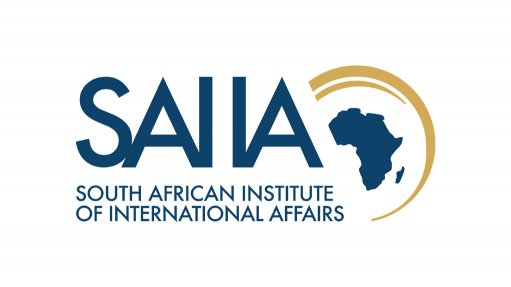
The new Brics members will add their voices to advocating for a more equitable global governance system, reforming the UN Security Council, and increasing influence for the Global South.
A critical moment in the creation of a new world order may have just occurred. After horse trading and arm twisting, the Brics is now the Brics-plus-six. The new members will add their voices to advocating for a more equitable global governance system, reforming the UN Security Council, and increasing influence for the Global South.
The expansion signifies a growing alignment of geopolitical and economic agendas within the Brics. It incorporates major global oil producers near crucial trade chokepoints, such as the Suez Canal and the Strait of Hormuz and Bab-al Mandab Strait. India, Iran, and Russia are already developing the International North-South Transport Corridor. Saudi Arabia and the United Arab Emirates, two of the world’s largest oil and gas exporters, supply most of China’s energy imports. Brazil, the last Brics member to approve the expansion, specifically requested Argentina’s inclusion, which was reportedly a precondition for Brazil agreeing to the expansion as a whole. As the host, South Africa successfully negotiated the inclusion of two African countries, strengthening its ongoing efforts to promote integration, development, and growth through the African Continental Free Trade Area.
Russia’s 2024 Brics presidency will focus primarily on using local currencies and payment systems, steered by discussions among finance ministries and central bank governors. However, a larger membership also means greater challenges to reaching consensus and adds new layers of complexity. Egypt and Ethiopia continue to dispute the management of the Nile River. Although a Chinese-brokered deal has eased tensions, Saudi Arabia and Iran remain historical rivals for regional dominance in the Middle East. Argentina, facing economic challenges and an impending contentious presidential election, has an uncertain political future. Iran’s inclusion is set to make the bloc more assertive and vocal in its criticism of the West, targeting the United States and Israel in particular. Meanwhile, the United Arab Emirates and Saudi Arabia, both modernized and oil-rich nations, increasingly focus on Asian commodity markets.
The Brics expansion has now located countervailing forces and interests at the heart of the club, which could make it difficult for its democracies—Brazil, India, and South Africa—to straddle the global geopolitical divide.
Research by Steven Gruzd & Gustavo de Carvalho, South African Institute of International Affairs
This article was first published in the Council of Councils